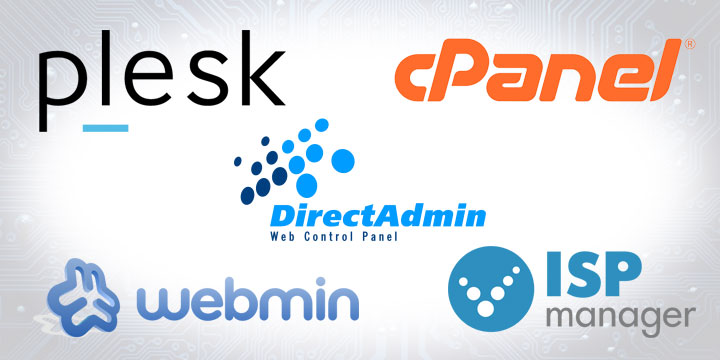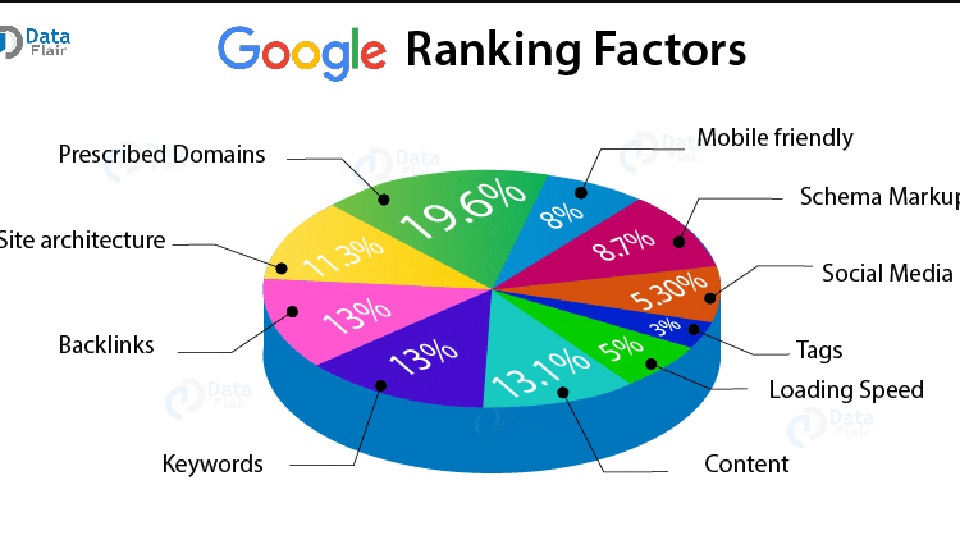15 Most Important Programming Languages to Learn

Here are 15 important programming languages to learn, in no particular order:
1. Python: Python is a high-level, versatile, and easy-to-learn language that is used in a wide range of applications, from web development to data analysis to machine learning.
2. Java: Java is a popular language that is widely used for developing desktop applications, web applications, and Android mobile applications.
3. JavaScript: JavaScript is a scripting language that is used to create interactive and dynamic websites, as well as various front-end and back-end web development frameworks.
4. C#: C# is a programming language developed by Microsoft that is used to develop desktop applications, video games, and mobile applications.
5. PHP: PHP is a server-side scripting language that is used for web development. It is widely used in content management systems such as WordPress and Drupal.
6. Swift: Swift is a relatively new programming language developed by Apple for iOS and macOS application development. It is gaining popularity as a language for creating mobile apps for Apple devices.
7. C++: C++ is a powerful language used for creating high-performance applications, such as operating systems, games, and graphics-intensive software.
8. Ruby: Ruby is a dynamic, high-level language that is known for its ease of use and productivity. It is used for web development, automation, and server-side scripting.
9. Go: Go is a programming language developed by Google that is used for creating high-performance and scalable applications.
10. Kotlin: Kotlin is a modern, statically-typed language developed by JetBrains. It is used for developing Android mobile applications, server-side applications, and web development.
11. Rust: Rust is a systems programming language developed by Mozilla that is known for its safety, speed, and concurrency. It is used for developing operating systems, web servers, and other performance-critical applications.
12. SQL: SQL (Structured Query Language) is a programming language used to manage and manipulate data in relational databases. It is widely used in business and data analytics.
13. TypeScript: TypeScript is a superset of JavaScript that adds static typing and other features to the language. It is used for building large-scale JavaScript applications.
14. Scala: Scala is a multi-paradigm language that is used for developing large-scale, high-performance applications. It is often used for developing back-end systems, data processing, and machine learning.
15. MATLAB: MATLAB is a high-level language used for numerical computing, data analysis, and visualization. It is widely used in science, engineering, and finance.
It’s worth noting that there are many other programming languages that could be included on this list, depending on your interests and goals.
Which Programming Language Should I Learn First as a Beginner
As a beginner, it’s a good idea to start with a programming language that has an easy learning curve, good documentation, and a large community to support you. Here are some popular programming languages that are great for beginners:
1. Python: Python is a versatile language with clean syntax and an easy learning curve. It’s widely used for web development, data analysis, artificial intelligence, and scientific computing. Python also has a large community and a vast array of libraries and frameworks.
2. JavaScript: JavaScript is the programming language of the web and is a good starting point for web development. It’s easy to learn and can be used for front-end and back-end development. JavaScript also has a vast ecosystem of libraries and frameworks.
3. Java: Java is a popular language used for developing desktop applications, Android mobile apps, and enterprise applications. It has a large community and an abundance of learning resources.
4. Ruby: Ruby is a dynamic language used for web development, automation, and server-side scripting. It has an easy-to-learn syntax and is known for its readability and expressiveness.
5. Swift: Swift is a programming language developed by Apple and is used for developing iOS and macOS applications. It has a clean syntax and is beginner-friendly.
Ultimately, the best language for you to learn first depends on your interests and goals. It’s a good idea to explore each language and see which one resonates with you the most.
Benefits of Learning Python
Python is a versatile programming language with a wide range of applications, making it a great choice for beginners and experienced programmers alike. Here are some of the key benefits of learning Python:
Easy to learn: Python has a clean and simple syntax that is easy to read and write. This makes it an excellent language for beginners to learn programming concepts.
Versatile: Python is a general-purpose language that can be used for a wide range of applications, including web development, data analysis, scientific computing, artificial intelligence, and machine learning.
Large community: Python has a large and active community of developers, which means there are plenty of resources available for learning and problem-solving.
High demand: Python is one of the most popular programming languages in the world, and it’s in high demand in a range of industries. Learning Python can open up a range of career opportunities.
Plenty of libraries and frameworks: Python has a vast ecosystem of libraries and frameworks, which makes it easier to write complex applications and solve specific problems.
Portable: Python code can run on a variety of platforms, including Windows, Linux, and Mac, making it easy to share and deploy your code.
Interpreted language: Python is an interpreted language, which means that it doesn’t require compilation. This makes it easier to write and test code, and it also makes the development process faster.
Overall, learning Python can be an excellent investment in your career as a programmer, and it can help you build a solid foundation for future programming endeavors.
Benefits of Learning JavaScript
JavaScript is a popular programming language used for front-end web development, back-end development, and even mobile app development. Here are some of the key benefits of learning JavaScript:
Web development: JavaScript is a fundamental language for web development. It’s used to create dynamic and interactive web pages, as well as to build complex web applications.
Large community: JavaScript has a large and active community of developers, which means there are plenty of resources available for learning and problem-solving.
Front-end frameworks and libraries: JavaScript has many popular front-end frameworks and libraries, such as React, Angular, and Vue. These tools make it easier to develop complex front-end applications and user interfaces.
Back-end development: JavaScript can also be used for back-end development using popular tools like Node.js. This allows developers to use the same language for both front-end and back-end development, which can streamline the development process.
High demand: JavaScript is one of the most widely used programming languages in the world and is in high demand across a range of industries. Learning JavaScript can open up many job opportunities.
Easy to learn: JavaScript has a relatively easy learning curve, and it can be learned quickly, making it an excellent language for beginners.
Cross-platform: JavaScript is a cross-platform language, meaning that it can run on multiple operating systems, including Windows, Mac, and Linux.
In conclusion, learning JavaScript is a valuable investment for both beginners and experienced programmers. It offers a broad range of applications and is a language that will continue to be in high demand for the foreseeable future.
Benefits of Learning Java
Java is a popular programming language used for developing enterprise applications, Android mobile apps, and desktop applications. Here are some of the key benefits of learning Java:
Large community: Java has a massive community of developers, which means there are plenty of resources available for learning and problem-solving.
Versatile: Java is a general-purpose language that can be used for a wide range of applications, including web development, mobile app development, scientific computing, and more.
High demand: Java is one of the most widely used programming languages in the world, and it’s in high demand across a range of industries. Learning Java can open up many job opportunities.
Cross-platform: Java is a cross-platform language, meaning that it can run on multiple operating systems, including Windows, Mac, and Linux.
Object-oriented programming: Java is an object-oriented programming language, which means that it uses objects and classes to represent real-world objects and concepts. This makes it a good language for developing complex, large-scale applications.
Scalable: Java is highly scalable, meaning that it can be used to develop applications of any size, from small desktop applications to large enterprise systems.
Security: Java has a strong security model, making it a popular choice for developing secure applications.
In conclusion, learning Java is a valuable investment for both beginners and experienced programmers. It offers a broad range of applications and is a language that will continue to be in high demand for the foreseeable future.
Benefits of Learning Ruby
Ruby is a high-level, object-oriented programming language that is often used for web development, scripting, and automation. Here are some of the key benefits of learning Ruby:
Easy to learn: Ruby has a clean and simple syntax that is easy to read and write. This makes it an excellent language for beginners to learn programming concepts.
Web development: Ruby on Rails is a popular web application framework that is built using Ruby. It is known for its simplicity and productivity, making it a popular choice for web development.
High productivity: Ruby is a very productive language, allowing developers to write code quickly and efficiently. It’s often used in startup environments where speed and agility are essential.
Large community: Ruby has a large and active community of developers, which means there are plenty of resources available for learning and problem-solving.
Testing: Ruby has built-in support for testing, making it easy to write tests for your code. This helps ensure that your code works as expected and is free of bugs.
Scalable: Ruby is a highly scalable language, meaning that it can be used to develop applications of any size, from small scripts to large-scale applications.
Cross-platform: Ruby is a cross-platform language, meaning that it can run on multiple operating systems, including Windows, Mac, and Linux.
In conclusion, learning Ruby is a valuable investment for both beginners and experienced programmers. It offers a broad range of applications and is a language that has a strong community and a history of productivity and efficiency.
Benefits of Learning Swift
Swift is a programming language developed by Apple, and it is the language of choice for iOS, macOS, and watchOS app development. Here are some of the key benefits of learning Swift:
Apple ecosystem: If you want to develop apps for the Apple ecosystem, learning Swift is a must. Swift is the primary language used for developing apps for iOS, macOS, and watchOS.
Easy to learn: Swift has a clean and modern syntax that is easy to read and write. This makes it an excellent language for beginners to learn programming concepts.
Safe and reliable: Swift has built-in safety features that help eliminate errors and reduce the likelihood of crashes. This makes it a reliable language for building high-quality apps.
Speed and performance: Swift is a fast and efficient language that is optimized for performance. This makes it ideal for building high-performance apps that can handle large amounts of data.
Open-source: Swift is an open-source language, meaning that it is freely available to anyone who wants to use it. This has helped to grow the Swift community and make it a popular language for app development.
Interoperability: Swift is designed to work seamlessly with Objective-C, which means that developers can easily integrate existing Objective-C code into new Swift projects.
Future-proof: Swift is a language that is continuously evolving, with new features and capabilities being added regularly. This makes it a future-proof language that will continue to be relevant for many years to come.
In conclusion, learning Swift is a valuable investment for developers who want to build apps for the Apple ecosystem. It offers a modern, safe, and reliable language that is optimized for performance and has a growing community of developers.











